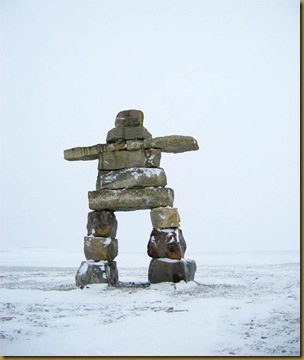Taking this to heart, this is the idea I am now developing for my research project. I know it needs to be further developed and elaborated upon, though I think it is clear enough for at least some initial feedback:
Introduction
1. Research Problem
Autoethnographic research is growing in usage, though is still not widely accepted in traditional academic research circles. With the dispersion of advocates of this research, there would seem to be a need for a the engagement and support of (dispersed) communities of practice around those who engage in this work. Without knowing anything about these communities,including whether they exist and what technologies they may employ, it may be more of a challenge to understand the process of engaging and creating this research strategy. We need to know more about the role of communities of practice in the lives of autoethnographic researchers.
2. Studies Addressing the Problem
(TBD) – very little, thus far
3. Deficiencies in the Literature
(TBD) – a lot, thus far
4. Significance
(TBD) – already included above, will be further developed after brief literature review above
Purpose
What is the role of communities of practice play in the lives of those who engage in autoethnographic research?
Review of the Literature
This will revolve around autoethnography, communities of practice, and dispersed (technology usage in) communities of practice
Research Design
1. Philosophical Worldview
I am approaching this from a constructivist / critical theorist paradigm
2. Strategy of Inquiry
I am seeking to use Narrative Inquiry
3. Research Method
Review of published autoethnographic research documents or audio-visuals of informants, and interviews
Research Questions
(TBD) – I am still working on these
Data Collection
See Research Method above. Will tape interviews and transcribe recording. Will read documents / view audio-visual.
Analysis and Interpretation
(TBD) – Iam still working on these
Reliability, Validity, and Generalizability
(TBD) – I am stillworking on these
Results
Next Steps
I appreciate any thoughts . . . .

